Justice Matters
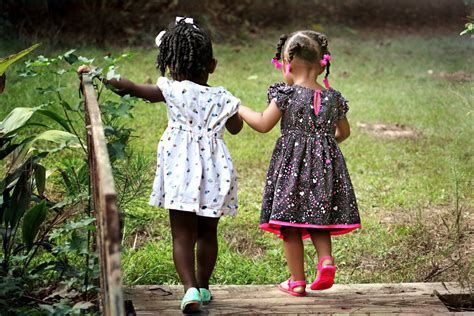
2nd Sunday A (18 January 2026)
Prophets Young and Old
See
Recent news programmes have reported on events in Venezuela, Ukraine, Iran, occasionally Israel/Palestine, and the many threats to Greenland. Less reported are the appalling crimes against humanity in Nigeria, Sudan, Democratic Republic of Congo, Somalia, those against the Uighur, and more. It is incredible that in USA cities the government’s snatch squads are taking people into detention.
Ours is now a world where those with strength and power invent new ways to dominate - with weapons, technology, legislation and propaganda, undermining all the checks and balances of so-called world order while sucking money from the poor and exploiting Earth. Aid budgets have been cut to invest more in weapons. Leaders of too many countries and corporations use their strength and privilege to serve only themselves, to build kingdoms in their image. They evade accountability for their many transgressions by disrupting their justice systems and undermining international ones. For example, the USA has even sanctioned judges of the International Criminal Court and the highly respected UN rapporteur Francesca Albanese.
Reflect
Prophets come in all shapes, sizes and ages – sometimes without them realising that’s what they are.
It was a delight to join the children of St Catherine's School at the Mass for the Epiphany. (I had been sad to miss the Mass at St John Vianney’s School before Christmas.)
As the children went out of church into the world, many of the older, bigger children paired up with the younger and walked with them. World “leaders” should have watched as the pairs enjoyed each other's company and the elder in each pair, as well as the teachers, exemplified loving, servant leadership. I was reminded that many small acts establish a culture of peace in a school, a church and a world.
Act
A New Year seems like a good time to remind ourselves of the basis of our commitment to the common good, and hence our work for peace with justice. Resources include:
SCIAF’s short lucid summary of Catholic Social Teaching principles
Pope Leo’smessage for the world day of peace
Pope Leo’s message to diplomats on 9 January (full text here).
Archbishop Nolan’s New Year message. He calls us not only to work for peace in our world and communities, but also in ourselves – see the video at Justice & Peace Scotland.
Mike Mineter
4th Sunday of Advent A (21 December 2025)
Welcome the Prince of Peace
The image on the right is of a mother and child in ruins of Gaza, in one of Israel’s bombing campaigns before 2023. The earliest Christian community, with all Palestinians, is under existential threat in Gaza and the West Bank from the genocide and ethnic cleansing by Israel.
We see so many crises of Earth - multiple genocides, climate emergency, biodiversity loss, people displaced as refugees, inequality with extreme poverty… all being caused or made worse by so many of those with power.
What then does it mean to speak of Jesus as the ‘Prince of Peace?’ ‘Prince’ is an odd word for us today… Maybe it says that Jesus inaugurates and embodies something new.
See
Today we often see the word ‘peace’ misused so as to generate and sustain injustice.
Peace is not made by silencing voices that oppose genocide.
It is not from the passivity of those who are oppressed.
It is not the silence of an ethnically cleansed village.
It is not from plans that make injustice permanent, not least (or only) if in Gaza or Ukraine
It is not..... [what other examples occur to you?]
Peace is not made by us if we are silent and complicit by inaction after witnessing injustice.
Reflect
So what is peace? Isn’t it living as individuals, communities and nations so that all flourish and Earth is cherished?
Pope Francis, especially in Laudato Si` began his reflections on the crises of Earth and humanity by focusing first on Creation as good.
In the gospel stories the cosmos joins in the celebration of Christ among us with the guiding star.
We might explore the cosmos with the Euclid telescope Or more simply, just take time to look at nature!
We might pray for peace through justice, for all people, with ‘The Holy City, Daughters of Jerusalem and the Princeton Girlchoir’ (The words are amended in a 2018 version by Erik Hillestad)…
In these days of Christmas we focus on the historical birth. We know that his incarnation led to Jesus’ death, resurrection and our life in the Spirit, so with St Theresa of Avila we also know that “Christ has no body now but yours….”
Act
This Christmas we might recommit ourselves to work for peace through justice: a kingdom on Earth that includes everyone and accepts violence against no-one.
It is hard to find out what is happening today in Jesus’ land – for options to explore see Sabeel-Kairos
It is crucial to pass on what we learn, and share about how, like Palestinians today, Jesus was born into an occupied, dominated land where innocents were slaughtered.
In this context, is it a Happy Christmas? Of course – our hope for peace is born here.
Mike Mineter

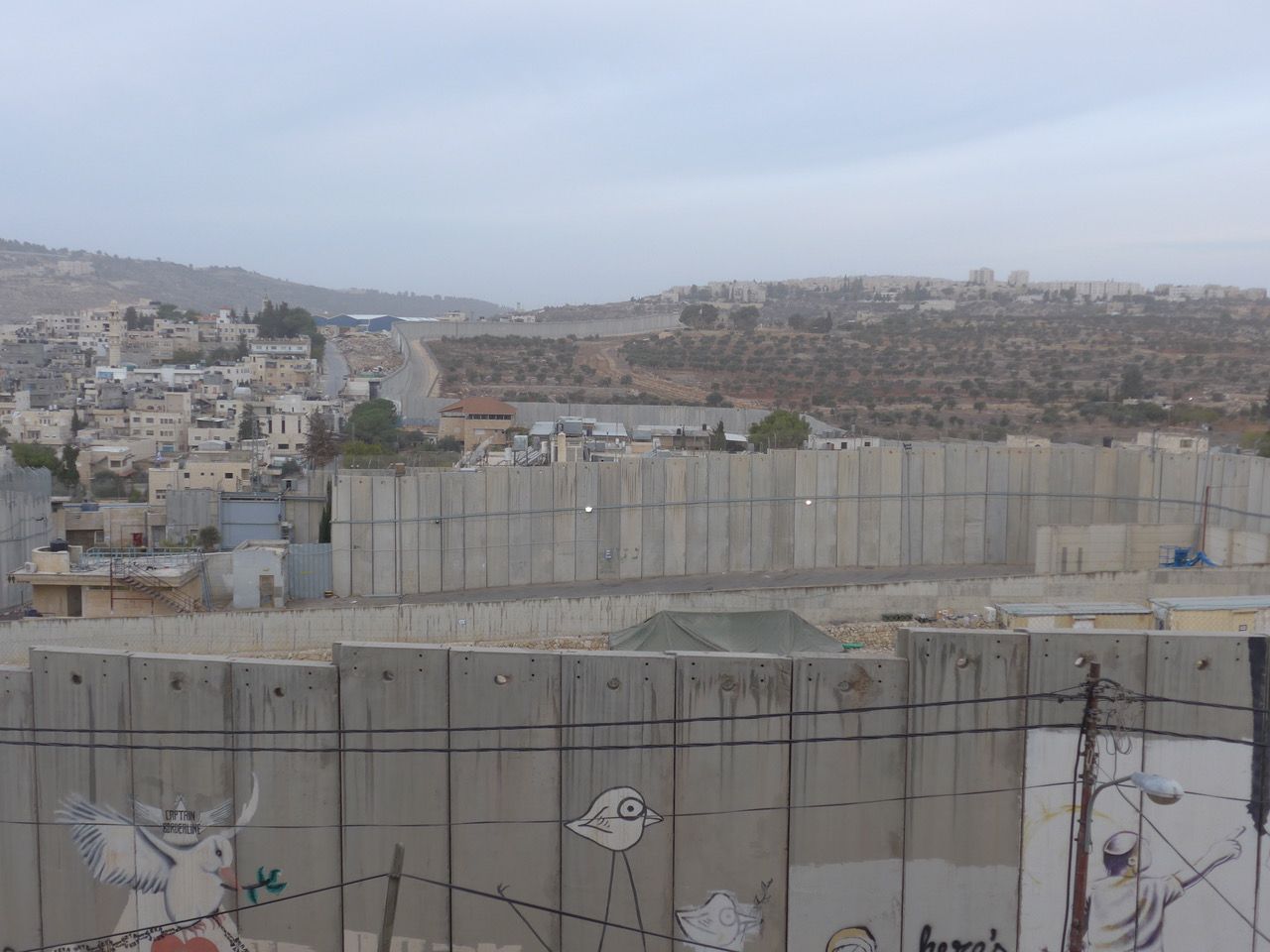
2nd Sunday of Advent A (7 December 2025)
Hark the herald angels sing – look at what is happening
Something sort of familiar has happened again – twice inside 3 weeks – but with a difference….
2000 years ago with a proclamation from messengers of peace and good news for all, shepherds in fields were called to respond when Jesus was born. (Luke 2: 8-14) The fields were in an area now a town called Beit Sahour, near Bethlehem.
Within the last 3 weeks we have twice been spoken to by different messengers. This time the call is to bring justice then peace to Beit Sahour, to Bethlehem, to occupied Palestine, the whole region.
See
Today Bethlehem is a Palestinian city within the West Bank, which with Gaza comprises the occupied Palestinian territory. (Map. Interactive map)
2000 years ago wise men from the east could come to Mary and Joseph who could then take Jesus to Egypt.
Less wise people came from the north - and other places - in the last century. These are people like Mielkowsky a Russian whose family name was changed to Netanyahu 2 generations before the one we know. These have dedicated themselves to creating a land that denies justice to Palestinians. Note this condemnation of illegal settlers (illegal in international law) is not due to the colonisers’ identity but because of their actions that deny identity, history, presence, economy, movement,culture, education, humanity and life of Palestinians living there.
Many settlements are in the Bethlehem area – these are not cute and rural as the word suggests but often are concrete high rise blocks in towns. Across the West Bank there is a fast increasing number of attacks by settlers on Palestinians, with villages and homes destroyed - with impunity and with support from Israeli soldiers.
The first recent message:
On November 14th Palestinian Christians issued a call to all churches (as well as a challenge to themselves) in the second Kairos Palestine document. The word kairos means a time with potential for transformation and new life. Forty years ago the South African Christians issued their Kairos Document, and in 2009 the Palestinians issued their first, a beautiful call to faith love and hope in a time of hopelessness. This second one addresses the challenge of faith in a time of genocide. The link is here.
The second message:
A few days ago the mayor of Bethlehem urged international action because a new settlement threatens to displace many Palestinian Christians in the Beit Sahour area. (details)
Reflect
Let’s imagine being a Palestinian fleeing to Egypt from Bethlehem today on foot or donkey – donkeys are still occasionally seen in Bethlehem carrying goods.
The undesirable, longer alternative is to cross desert struggling to find water or food or shelter. The shorter route is to go west to get to the coast then turn southwards. Going west is hard! You have to get past settlements and avoid roads for settlers, where if seen you will be arrested. You need to find and sneak through one of the gaps in the Barrier - you will not be able to get a permit from Israel to use a checkpoint. All this is before you reach the coast - if you can indeed get into Gaza where the slaughter of innocents of all ages continues. Then… the Rafah crossing into Egypt is currently closed.
Act
We know that peace comes through justice, which we have to work for.
This Advent as well as praying, can we take an added action for justice (such as writing letters, joining demonstrations) and take another action to help immediate need?
Sabeel-Kairos is a UK organisation that works with Palestinian Christians and urges us to:
1. Contribute to the Sabeel-Kairos appeal to help children who Israeli military forced from their homes. Donations before 9 December will be doubled - link
2 Write to our MP and church leaders to demand they pressure Israel to stop the new settlement in Beit Sahour – details here
3. Read and discuss thesecond Kairos Palestine document,
Mike Mineter
20th Sunday A (20 August 2023)
Secret Courts – Surely Not Here?
How corporate courts threaten climate action
Most people associate secret courts with fiction or undemocratic countries, not the UK. However many trade agreements or treaties include secret courts in all but name. These are the Inter State Dispute Settlement tribunals or corporate courts, in deals to reassure business that they will not be disadvantaged if countries act illegally. That sounds reasonable doesn't it? But as my mum used to say “ handsome is as handsome does ”! So how has ISDS worked out?
See
For those not old enough to recognise the above saying it means you should judge someone by their actions not their looks. So what happens in these corporate courts? Companies have used them to challenge socially progressive legislation. In 2012 an Australian company sued Egypt for introducing a minimum wage. The case was finally resolved in the Egyptian government's favour in 2018 and the minimum wage was introduced. Positive BUT despite winning, the government spent six years defending the case which cost millions of dollars in arbitration and legal costs. Money which could have been used to improve public services. The reasons for the corporate court's decision remains secret. Veolia loses ISDS case against Egypt – after six years and millions in costs | ISDS Platform. Many examples of countries being sued for trying to act in the public interest exist and you can read about them What is ISDS?
The UK is in the Energy Charter Treaty which contains an ISDS clause allowing energy companies to sue governments for regulatory changes that threaten their profits. For example, Italy recently had to pay 240 million euros to the British oil company Rockhopper, because it had to stop oil drilling off the Italian coast. There is also a claim against the Dutch state from the German energy company RWE. That company wants 1.4 billion euros from the Netherlands because of the closure of the coal-fired power stations in Eemshaven in 2030. ‘No climate justice’: Oil firm Rockhopper wins €241m payout after being banned from drilling | Euronews
Reflect
A prayer from Laudate Si' can help us, as we reflect on how trade deals can become a very real danger to God's creation -
Bring healing to our lives,
that we may protect the world and not prey on it,
that we may sow beauty, not pollution and destruction.
Touch the hearts
of those who look only for gain
at the expense of the poor and the earth.
Laudato si' (24 May 2015) | Francis
Act
Read some of the links above to learn more about corporate courts eg. It is one way only, governments can't sue companies, the decision reasons often remain secret etc. We are at a crunch time with the ECT as many countries are leaving it because it is incompatible with tackling climate emergency. Unfortunately the UK are not convinced - write to your MP and MSPs expressing concern and sign a petition! Don’t let corporate courts block climate action . Watch this short video on ISDS How corporate courts threaten climate action
Tricia Kaminski
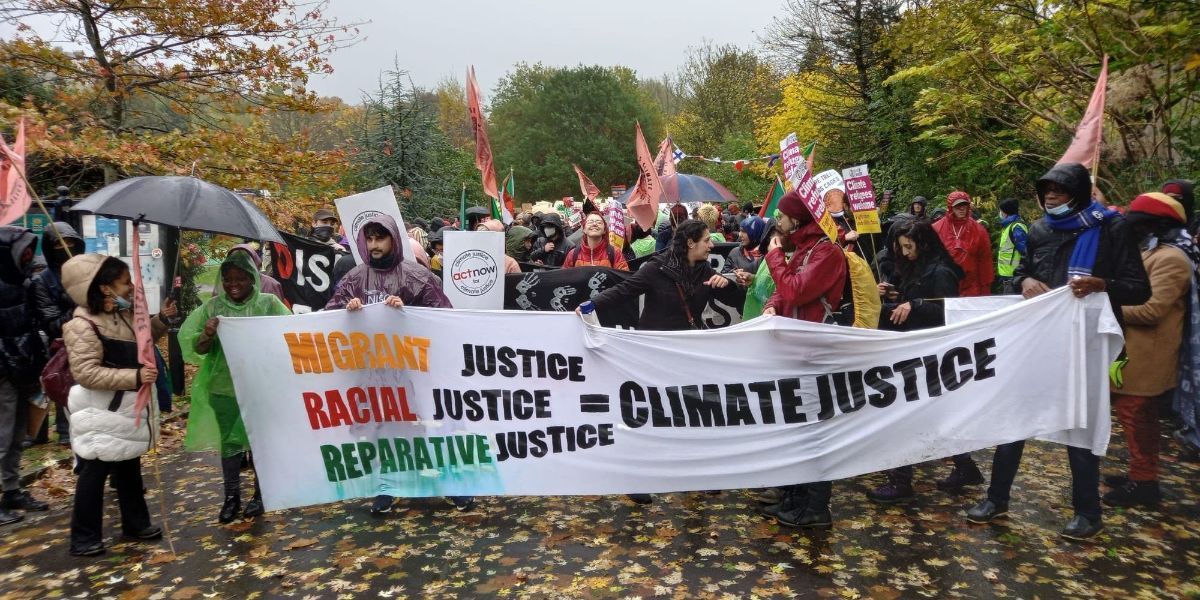
11th Sunday A (18 June 2023)
Climate Justice means Migrant Justice
Refugee Week runs from 19-25th June. Most people agree that refugees are one of the world's most vulnerable groups. But they are often shunned, treated with violence and suspicion. “The most marginalised communities are on the front line of the climate crisis and often face its worst impacts. Indigenous peoples, small-scale farmers, and communities living in poverty are disproportionately impacted by intersecting multiple global crises. These communities are forcibly displaced & then routinely denied the right to migrate safely” Climate Justice Means Migrant Justice.
See
Sadly, it seems that governments increasingly “view border controls, walls, and surveillance as a way to control the impacts of the climate crisis”. Recently it has been reported that the Home Office has given more than 3 million in funding to Turkey border force to stop people reaching the UK. They have been filmed shooting people trying to escape Iran and beating them with rifle butts. UK provided £3m to Turkish border forces to stop migrants, FOI reveals | Home Office. A report published in 2021 says the countries who have caused the greatest damage to the planet are spending “2.3 times as much on arming their borders as they are on climate finance. This figure is as high as 15 times as much for the worst offenders. This “Global Climate Wall” aims to seal off powerful countries from migrants, rather than addressing the causes of displacement.” It continues that from 2013 to 2018 the UK has annually spent approximately “$2.7 billion on border militarisation and just £977 million on climate financing. Resources are spent dividing people across arbitrary lines, rather than fixing the real issues we all face.” Global Climate Wall. Alongside this, alarmist reports stoke a climate of fear and suspicion. Climate change will cause waves of migration into Britain, says former head of MI5.
Reflect
'And as you go, proclaim that the kingdom of heaven is close at hand. Cure the sick, raise the dead, cleanse the lepers, cast out devils. You received without charge, give without charge.’ Matthew 9:36-10:8 Perhaps Jesus expects us to do better than erect walls and block our ears? Perhaps he knows we can do better – that we have to see ourselves as Christ's family connected and inter- dependent?
Action
Oxfam asks whether if someone crashed into your car, would you want to pay for the repairs? They are comparing the climate crisis to a crash where the innocent party is left worst affected, expected to pay for the damage. If someone crashed into your car, would you want to pay for the repairs? Christian Aid echoes this theme when it says it is time to make the polluters pay Loss and Damage. By getting involved in these campaigns refugees are helped. Find out more about the stories of people who are forced from their homes 13 Powerful Refugee Stories From Around The World.
Tricia Kaminski
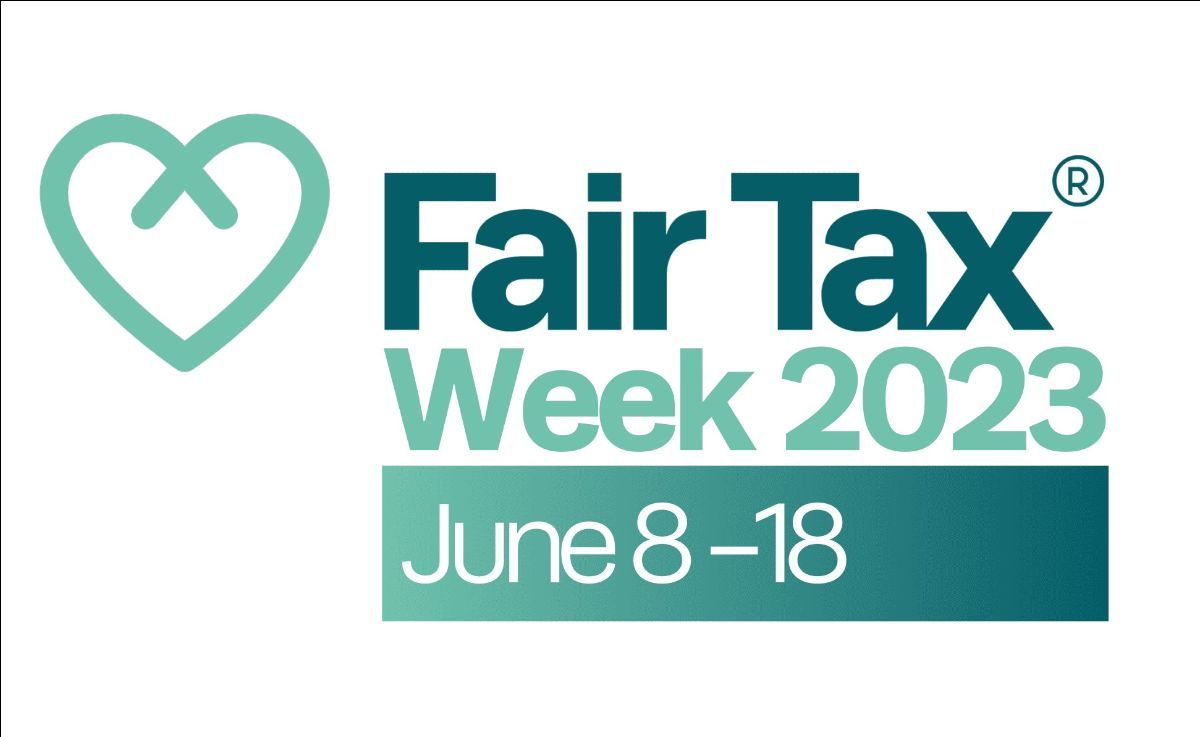
Feast of the Holy Trinity A (4 June 2023)
In praise of tax...
Next Sunday, 11th June is Tax Justice Sunday. In tandem Fair Tax week runs from the 8th June, it is curiously named as it actually continues until the18th June. I thought I would focus today on the Just Money Movement which seeks to promote the idea of tax as a fundamentally good thing and our ability to pay it as something to celebrate.
SEE
It is charities such as food banks and our community lunches that have increasingly become the solution to problems like the cost of living crisis and the financial inequality that exists in society. The Just Money Movement argue that we live in a complex world of inter-relationships between neighbourhood, nation and global interests and needs which have “outstripped our capacity as individuals to address through charity or philanthropy. Indeed, our attempts at governance at such levels often result in deficiencies for many.” Taxation they argue “is a communal way of dealing with that challenge.” Taxation “provides healthcare and education for citizens and many other facilities like roads, transport and fire services...”
REFLECT
As Christians we believe that all we possess is ‘gift’ and given for human flourishing. How far is that seen in the structures of our society today? How far do our structures reflect the teaching of “love thy neighbour”? Or do we, as Walter Brueggemann an American theologian says, live in a ‘predatory economy’ with human lives and choices restricted and deformed as mere ‘collateral’ in the workings of the accepted economic framework?
ACTION
Fair Tax Week begins on Thursday. Check out their website for all sorts of information Fair Tax Week 2023. It introduces several ideas that you might find helpful. Change happens when increasing numbers of people become convinced that the current system does not work in the way intended and something needs to happen – next time you are engaged in “one of those” conversations; perhaps challenge the view that the lower the tax the better. You may be surprised where the chat takes you.
Tricia Kaminski
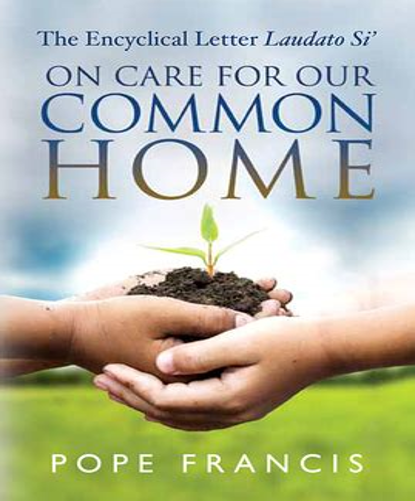
7th Sunday of Easter A (21 May 2023)
Laudato Si’ – Eight Years On
See
Eight years ago next week, Pope Francis published his encyclical
Laudato Si’ which adopted St Francis of Assisi’s hymn of praise to God about the earth and went on to examine the three most important types of relationship we can have: with God, with our neighbour and with our planet Earth – our common home.
“The ecological crisis is also a summons to profound interior conversion…Living our vocation to be protectors of God’s handiwork is essential to a life of virtue; it is not an optional or a secondary aspect of our Christian experience.” (#217)
In January 2019 16 year old Greta Thunberg spoke about the climate crisis in these terms: “Our house is on fire”. There is scarcely a day passes that we don’t hear about the climate crisis yet we seem to have become habituated to it in such a way that it no longer seems to have that sense of impending catastrophe that it is.
Her concluding words were:
“Adults keep saying: 'We owe it to the young people to give them hope.' But I don’t want your hope. I don’t want you to be hopeful. I want you to panic. I want you to feel the fear I feel every day. And then I want you to act. I want you to act as you would in a crisis. I want you to act as if our house is on fire. Because it is.”
Reflect
The message of Jesus is still the challenge it always was. It is the challenge to live with love as the priority; to show our love for God through our care for others, especially the most vulnerable; to make our Christian faith real less through tribal religious beliefs and more through a conviction that Jesus died for everyone. Our salvation, our survival lies in global co-operation and not in endless confrontation.
Act
Both these modern prophets converge on the need for a global cooperative effort based on personal transformation. “I need to change” so that it becomes “we need to change”. Looking at our lifestyle, we need to make choices – sometimes hard choices – but we also need to encourage others to make similar choices. Finally we need to challenge the powerful status quo whose
greed and selfishness is blinding them to our common destruction.
In Laudato Si’ week let’s read at least some of
the encyclical. Let’s make one choice that helps the environment: think first about the environment when we look at products to buy? Let’s make others aware of our concerns: join an
eco group;
write to our MSP; get some
ideas from Greenpeace.
Stuart Holden
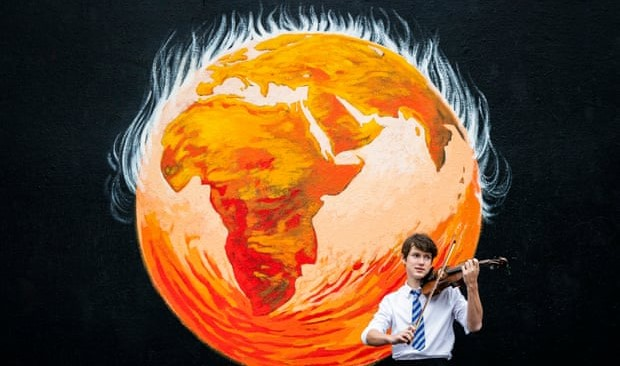
5th Sunday of Easter A (7 May 2023)
Net Zero 2050. Is it important?
Part Two
A month ago the government published their revised net-zero strategy Powering up Britain. The response appears lukewarm. There is a gap between governmental legislative ambition to combat the climate emergency and the ambition environmentalists and scientists say is necessary.
SEE
The prime-minister tells us to “be really proud of the UK's track record" but the same article contains criticism of the strategy. One is the importance given to carbon capture technology. Carbon capture power stations should stop “most of the CO2 produced from being released”. Such technology has been considered as a way of ridding the atmosphere of pre-existing carbon dioxide but there is fear that it will be used to justify further fossil fuels mining. Greenpeace says "These power stations look like another excuse for the government to show preference to their friends in the oil and gas industry, making energy more expensive to everyone else's disadvantage". Another criticism is that the strategy offers no significant increase in funding for home insulation. Last year the government's advisers on climate change said there was a "shocking gap" in policy for better insulated homes. This has not been remedied. It's difficult to see why the government is not more ambitious given the scale of the emergency, but an article in the Guardian perhaps sheds some light. Many Europeans want climate action – but less so if it changes their lifestyle.
REFLECT
Prior to COP 26 Pope Francis wrote - "We can confront these crises by retreating into isolationism, protectionism and exploitation or we can see in them a real chance for change." He evoked the need for "a renewed sense of shared responsibility for our world", adding that "each of us - whoever and wherever we may be - can play our own part in changing our collective response to the unprecedented threat of climate change and the degradation of our common home. " Pope urges 'radical' climate response. How radical is our country's response to the climate emergency and how far are we using technology as an excuse to continue business as usual?
ACTION
We are in a climate emergency. The first thing we have to do is acknowledge our own responsibility. That is not to say that individual action will solve the crisis; but individually we need to change behaviour to show ourselves and authority that we are serious and accept that change is required. Read the criticisms of the current “lacklustre” net zero strategy.
Greenpeace describes the government “failing to get to grips with the climate crisis” but says “it’s getting busy preventing the public from expressing their anger at this inaction.” Therefore we face a decision about how or if we change at a time of increasingly strict laws on protest. The government isn’t rising to the IPCC’s challenge, but the climate movement will. More than ever we need to be contacting our MPs to show our support for democracy. Unicef have 10 ways you can tackle climate change – check them out.
Tricia Kaminski
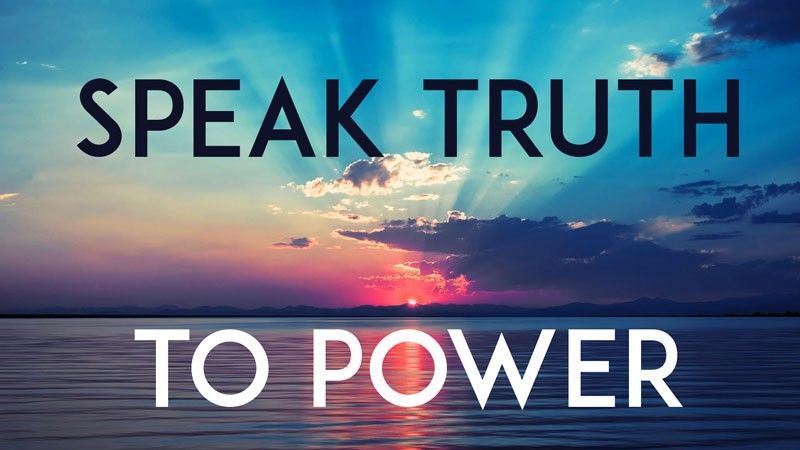
4th Sunday of Easter A (30 April 2023)
Net Zero 2050. Is it important?
Part One.
Last year our government was taken to court and found to be in breach of the Climate Change Act 2008 because our net zero strategy didn't explain how targets would be met. We were ordered to resubmit plans within 8 months. This has now been done - Powering up Britain. But is it better? Let's revisit what net-zero means, why it's important and where we were some months ago.
See:
Greenpeace says “..‘net zero’ means that by 2050, the amount of greenhouse gases (like carbon dioxide) the UK adds to the atmosphere, is no longer more than what they take out. This could – on the face of it – make the UK’s total contribution to climate change zero.”
As important as having ambition is, having a plan to achieve it is essential. In the years leading up to 2050 (i.e. NOW), our economy must take steps to get to zero emissions. The vast majority of our emissions need to be entirely eliminated. The BIG message is that whilst nature-based solutions are brilliant, we humans still need to change our behaviours. The need is for individual change but such change is dependant on the companies and industry who supply our goods, to change. The government's net zero strategy was believed to be too vague, thus reducing accountability and allowing drift. Client Earth (an organisation which uses the law to press for systemic change) says “The court found that parliament and the public were not told about a shortfall in meeting a key target to cut emissions……the government’s net zero strategy did not add up to the reductions necessary to meet the sixth carbon budget..”
Reflect:
‘There was a judge in a certain town’ he said ‘who had neither fear of God nor respect for man. In the same town there was a widow who kept on coming to him and saying, “I want justice from you against my enemy!” For a long time he refused, but at last he said to himself, “Maybe I have neither fear of God nor respect for man, but since she keeps pestering me I must give this widow her just rights, or she will persist in coming and worry me to death.” Luke 18:1-8
Are we like the widow who doggedly sought for justice? How far do such agencies as Greenpeace, Client Earth pester authority to ensure justice?
Action:
This weekend has brought together many thousands of people peacefully protesting in London asking the government to act more decisively against climate change. They demand an end to fossil fuels. Protest is a legitimate means of pestering authority and speaking truth to power. The Policing Act and Public Order Bill, makes this more difficult and more likely to end in arrest even for peaceful protest. Read about the changes.
"Powering up Britain" (more about that next week) has already faced criticism as a weak response. If this is true then we face a situation where our government's strategy is seen as weak but their response to peaceful protest has become more severe. We need to consider what our response as concerned citizens and Christians is, in the face of this ever more serious situation.
Tricia Kaminski
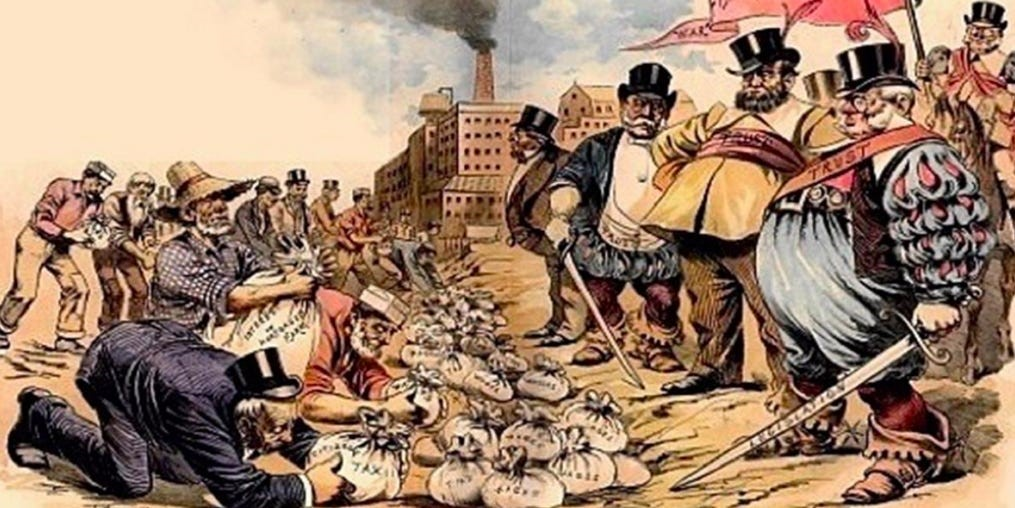
Palm Sunday A (2 April 2023)
Modern Day Robber Barons?
Recently, I attended a conference – Resisting Monopoly Capitalism. Not the most snappy title but the speakers (an economist, an IT expert, and a health justice advocate) were passionate about their subject. Space prevents anything more than a flavour. I will provide links for those who want to find out more.
SEE:
Companies have become more concentrated over the last decades. Currently 90% of the UK newspaper market is in the hands of 3 companies. Twenty five years ago, ten corporations controlled 40% of the global seed market, this has now reduced to two. Between 1995 and 2015, 60 pharmaceutical companies merged into just 10. Does it matter? Global Justice says in economic terms “..concentration in the pharmaceutical industry means a smaller number of firms can control prices for often essential drugs... Pfizer and Moderna jacked up the prices for Covid-19 vaccines ... this practice is long-standing across the industry. Just three pharmaceutical giants... Novo Nordisk, Sanofi-Aventis, and Elli Lily own the US patents to manufacture insulin and were able to raise their prices by 168%, 169% and 325%, respectively, in the early 2010s.”
In democratic terms Global Justice also points to real injustice. “Corporate monopolies are ... a barrier to solving ... environmental problems like climate change. Big oil companies donate millions to politicians to maintain the status quo.. and have used their power to delay the development of renewable alternatives.” The problem with monopoly capitalism - Global Justice
Reflect:
The common good means that the fruits of the earth should be used for all. Pope Paul VI spoke about this 50 years ago in his encyclical Populorum Progressio. CAFOD cites the example of Sonia Sanchez, an environmental defender in El Salvador. She works with people who are persecuted for trying to safeguard human rights. Sonia says, “Humankind has always put money at the centre of everything. But when we think about our relationship with the natural resources, we see that life should be at the centre of everything. When we reflect on this we realise that we are part of life, we are not the owners and masters of it.”
Act:
It seems a huge and insoluble problem; however it isn't. Monopolies are not new. In the nineteenth century a group of individuals became known as the “robber barons” because their monopoly on everything from railroads to oil drilling was strangling the economy. Laws curtailed their power but over time, there has been a rolling back of regulation. We could listen to some of the conference. Join Global Justice in their fight against monopolies. Call on politicians to take back control from these multinationals. We could stop buying papers that are propaganda for their owners.
Tricia Kaminski
5th Sunday of Lent A (26 March 2023)
Climate emergency –
NOW, NOW is the time to act.
Last weekend a gathering of parishioners watched The Letter. It is an introduction to Laudato Si`, the Pope’s letter to call the world to hear the cry of Earth and of the poor, and to cherish Earth of which we are a part. It speaks of the crises of biodiversity, climate, unjust distribution of wealth, ocean and atmospheric change, disrupted seasons and pollution. It’s a litany of chaos, to which more can be added including soil degradation and the use and availability of water. As I write it is World Water Day and a UN meeting about water resources is opening.
See
There was a new publication this week, a synthesis report from the Intergovernmental Panel on Climate Change (IPCC), the UN body for assessing the science related to climate change. It was set up in 1988 out of concern that humans might be changing the climate. The subsequent assessments have tracked the progress of the science as the understanding and certainty of human-caused changes were confirmed. It is human activity that has caused a huge crisis.
Reflect
It seems preposterous that little humans can affect the climate of the big, wide Earth with consequences for whole ecosystems and for ourselves…. but it is unarguably the case that we have done so, since industrialisation.
We have not yet done anything like enough to respond to the climate emergency, to reduce its seriousness. (We: individuals, communities, commerce and politicians).
It is beyond reason - unless reason is expanded to consider evil - that oil companies can generate huge profits while low-lying Pacific countries sink beneath the rising seas, climate disruption causes millions of refugees to leave unsustainable homes, food production is destabilised; weather extremes are more intense and lethal…. And meanwhile in the UK we rejoice the economy is not shrinking, the profits roll in to the few, don’t insulate our homes, contemplate a new coal mine, dividends and bonuses are paid… and politicians fail to commit to the change needed.
Act
Do read the synthesis report and watch the 3 minute video https://youtu.be/T9CeECpxtx8
This week perhaps review our own decisions to reduce CO2 emissions, by changing how we travel; reducing use of power at home. Together our cluster might make only a small difference, but by doing what we can we are responding to the Spirit, and bringing our 5 loaves and 2 fishes to the Lord. We can then with integrity contact politicians to urge a change in priorities (using https://www.theyworkforyou.com/msp/).
Individuals created the problems we have: together we can be part of world-wide changes and still make a vital difference.
Mike Mineter
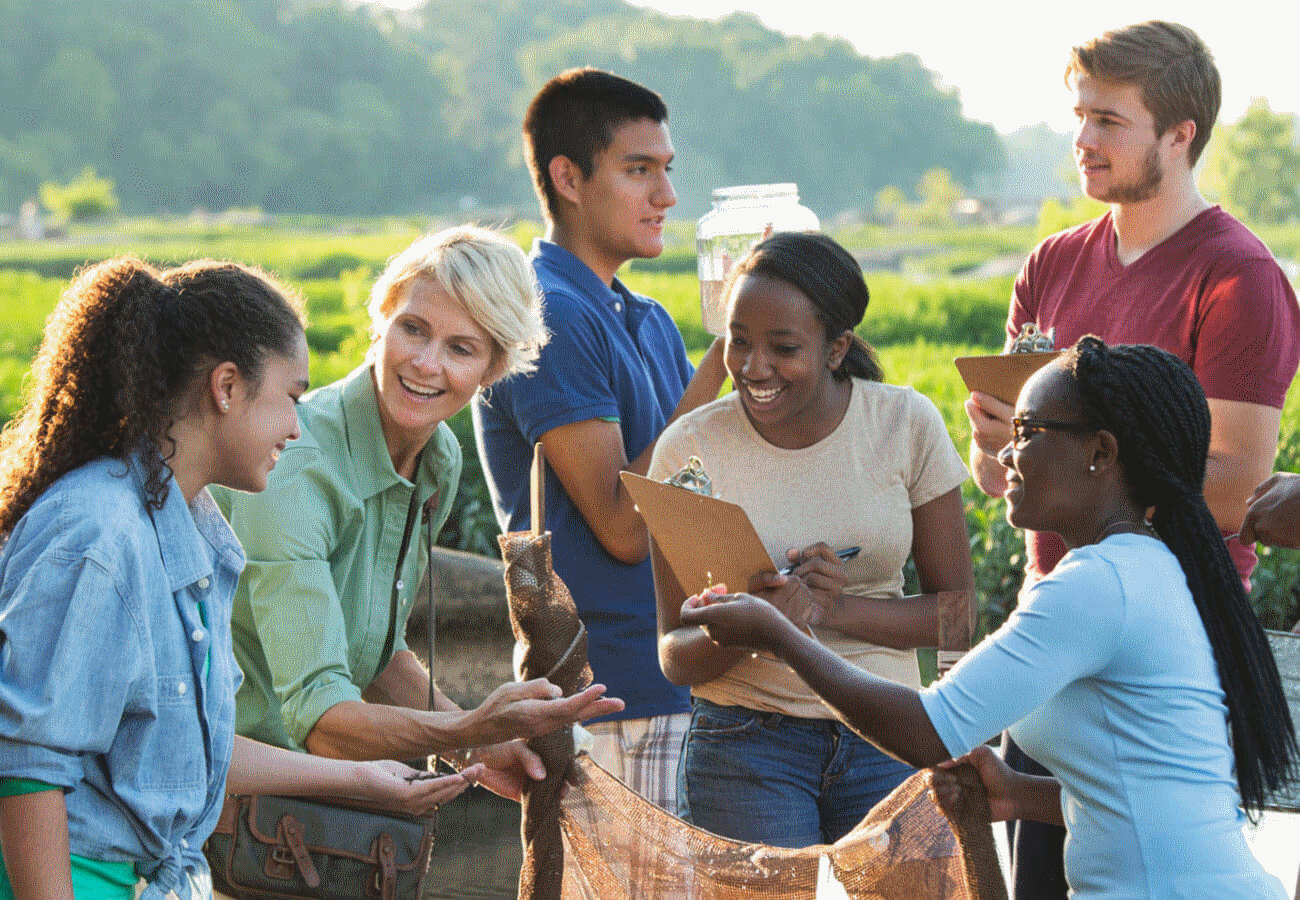
4th Sunday of Lent A (19 March 2023)
Language Matters
Few will have missed the recent debate over Gary Lineker's use of language. Perhaps it was this that made me particularly aware of today's gospel. The blind man's parents were scared because they feared the repercussions of supporting their son who was speaking positively about Jesus. The Pharisees did not want a picture of Jesus spreading that was favourable or sympathetic. Language is important.
SEE
We often use short hand language to describe groups of people e.g. nurses are “angels” ; soldiers are “heroes” etc. Such characterisations aren't accurate for all nurses or soldiers. Indeed some say they are unhelpful: ‘I’m not a hero or an angel – I’m a nurse and proud of it’. It's true that even writing the above feels quite daring as if I could be accused of criticising these workers. However when our language becomes both short hand and negative it becomes dangerous for that “group”.
Our home secretary was criticised for doing that by Joan Salter, 83, who fled Belgium and the Nazis in 1943. “When I hear you using words against refugees like ‘swarms’ and an ‘invasion’, I am reminded of the language used to dehumanise and justify the murder of my family and millions of others,” she said. “Why do you find the need to use that kind of language?” Alf Dubs: Braverman calling refugees ‘invaders’ was low point of my career. If we needed proof of the dangers of such language we can look at the demonstration in Knowsley brought about in part by unproven social media discussions. Refugees attacked and abused outside hotel which saw violent anti-migrant protests
Reflect
Pope Francis invites us to “listen with the ear of the heart”. He says that “listening involves more than simply the sense of hearing. True listening is a foundation of genuine relationships, and is foundational to the relationship between God and humanity. The Pope, quoting St Paul, noted that “faith comes through hearing.”.... Human beings are called in turn to “tune in, to be willing to listen,” as God calls them to a covenant of love. Fundamentally, the Pope said, “listening is a dimension of love.”... In many relationships, however, true communication is lacking, as dialogues end up as competing monologues, where the two sides refuse to listen to one another. This is evident nowadays even in public life, the Pope said, where people often end up “talking past” one another. Pope's Communications Day message: 'Listening is essential for dialogue'
Action
We can try to listen to each other in a way that the pope says involves both hearing and engaging with the communication. We can learn more about the immigration bill which even the government accept may not conform to international law and which reflects the nature of the debate about refugees where they are seen as “illegal” and face the prospect of being banned from even applying for asylum. What does the UK government’s bill on illegal immigration propose?
Tricia Kaminski
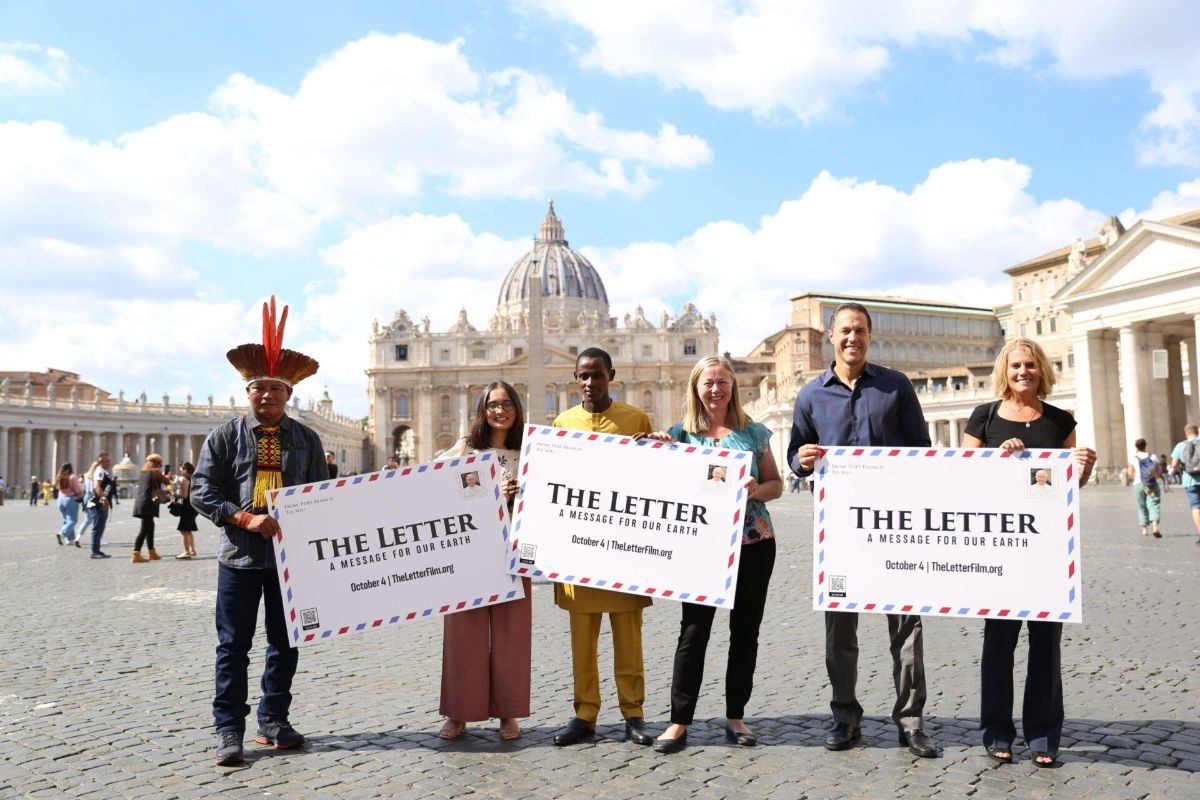
3rd Sunday of Lent A (12 March 2023)
Why watch The Letter. An invitation.
On Saturday 18 March at 10:15 at St. Catherine’s Church hall we have a chance to watch one of the most influential videos ever made – why? It has stories that show us the key issues of our age.
Come and See
The video “The Letter” is often beautiful, sometimes funny, frequently eloquent and it is challenging. It is also free. 7 years ago Pope Francis wrote a letter to everyone. Surprisingly few Catholics have read it! We know it as ‘Laudato Si’, the first line of a prayer by St Francis. It is a prayer of praise and that line means “All praise to You”. The video follows the stories of a number of inspiring individuals from communities around the world, who travel to the Vatican for eye opening discussions about how we harm Earth.
Reflect
Pope Francis invited us to be aware of the beauty of the Earth and how we are harming her, including by changing the climate. He invited us to a better way of living in harmony with each other, the world and future generations. Developed with the participation of Pope Francis, the video is uniting people across the globe in hearing the call to live more fully alert to the Earth, and to environmental and social justice.
Act
Do join us and bring a packed lunch. We will watch the video…it lasts 80 minutes… and share our reactions if we wish, have lunch, finish by 1pm and go away with some new ideas about how to live better.
Mike Mineter
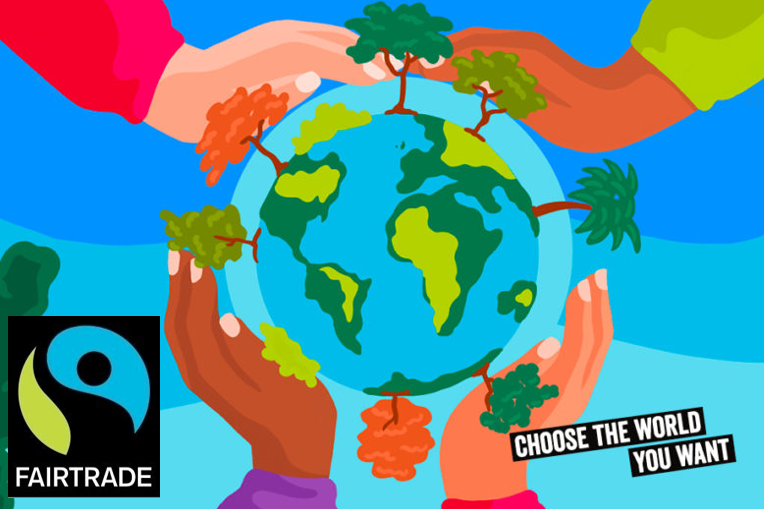
2nd Sunday of Lent A (5 March 2023)
It was in Edinburgh...
...that the inaugural national launch of Fair Trade Fortnight was held on 12 February 1997 at Augustine United Church on George IV Bridge. Over 25 years later, Edinburgh is still home to fair trade shops, cafe's selling fair trade drinks and holds the title of “fair trade city”. Our cluster parishes are all fair trade parishes – pledging to use only fair trade drinks and expand the use of fair trade goods as far as possible. Why is fair trade so important?
SEE:
Extreme weather is becoming more common, leaving in its wake not only immediate devastation and lost lives, but also a legacy of damaged land and failed crops. Currently we are experiencing shortages in some common goods – cucumber, tomatoes, peppers. Reasons include the fact that “southern Spain has been suffering unusually cold weather and in Morocco crop yields have been affected by floods. Such shortages are inconvenient but a pale shadow of what those producing the goods in the South have to suffer: Fairtrade Cocoa Farmer Speaks out .
The climate crisis is not fair - “Did you know that 17 people from Côte d’Ivoire have the same carbon footprint as one person in the UK? Yet across Africa, Asia, Latin America, the Caribbean and Oceania, small-scale farmers are often experiencing the worst effects of climate breakdown.” Fair trade not only campaigns against the unfairness of our trade systems it also protects the environment. “..To get the fair trade mark, farmers must improve soil and water quality, manage pests, avoid using harmful chemicals, manage waste,reduce their greenhouse gas emissions and protect biodiversity.” Fairtrade and climate justice .
Reflect:
“Making the small switch to Fairtrade supports producers in protecting the future of some of our most-loved food and the planet.” Fairtrade Fortnight
“O Lord, You revealed your Kingdom in parables, that spoke of simple things – yeast in a loaf of bread. A woman sweeping her home. Grant that the simple choices we make – What tea to drink, what fruit to eat – May honour your Name And reveal your Kingdom present among us. Through Jesus Christ our Lord."
Action:
There are many things we can do in this area. As a fair trade cluster, we can remind ourselves what that pledge means. We have agreed to use only fair trade tea and coffee for all services and meetings. We have agreed to try and increase the use of other Fairtrade products. Finally we have agreed to promote fairtrade throughout the year. The attached link gives other ways to be involved Fairtrade and climate justice they include a petition to sign as well as other ideas. If you are a Co-operative member then try this prize quiz. Finally read about the producers Stories of hope.
Tricia Kaminski
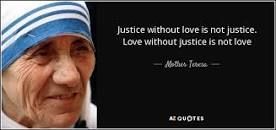
1st Sunday of Lent A (26 February 2023)
Here's the deal: "Care for each other"
Justice is about working for right relationships, for a just future. As a Palestinian said to me,
“Micah 6:8 calls us to act for justice, love mercy and walk humbly with God. Too often the churches act in mercy, thank God, for it keeps people alive, but just
loving
justice as an idea not really working for it”.
If we forget the justice bit then the world suffers as a result.
We all know we are called to feed the hungry …. But does that not include preventing people from becoming hungry? That is part of the work of justice.
SEE
On Ash Wednesday Fr Alex made a deal with the children and those fortunate enough to be at that lovely occasion. The deal Fr Alex made was that in Lent we “care for other people”.
REFLECT
It was lovely because it is always a delight being with St Catherine’s School at church. (It’s a while since I was with St John Vianney’s school also – but the same comments apply to being with them too!) The children seem so well prepared, secure and content through being in the right relationships. They sing and read beautifully and care for each other. The teachers were giving gentle, servant leadership and epitomise the qualities so lacking in leadership in so many other places – political and socio-economic spheres especially. For me this service was a sacrament of the community the Earth needs to become.
In old days as we received Ashes the priest said, "Remember that you are dust and unto dust you shall return". Now we might hear that as a call to know we are, as Pope Francis in Laudato Si says, a part of the Earth - not just living on it. The water, and all the elements that are our bodies are still part of the Earth! We are the bit of the Earth with the power to trash our own futures. Or to delight in it and work for the common good in our shared home.
ACT
Work for justice extends that call to “care for others” from those we live near to those in the future, those worldwide suffering from the injustice of politics, economics or the climate chaos caused by the consumerist countries. Let’s care for our children’s children by caring for the whole Earth, and for those in Palestine or other places of oppression by finding one action to take each week to foster a just future. We might even write to an MP to ask that our teachers get a fair wage!
Mike Mineter
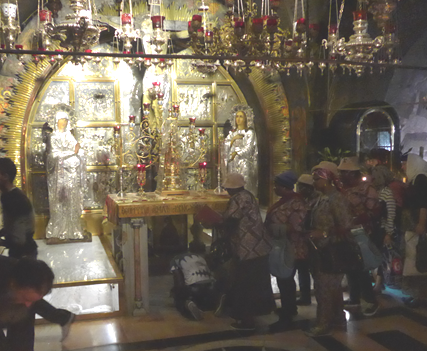
Church of the Holy Sepulchre
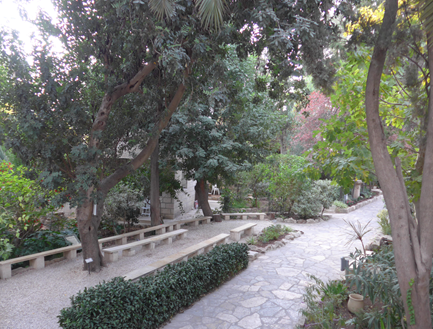
The Garden Tomb
6th Sunday A (12 February 2023)
Where is Christ Crucified?
Where is the Resurrection?
This week’s news set me on the following train of thought. In East Jerusalem I know of two places that are revered as where Jesus died and rose. There is the Church of the Holy Sepulchre, and the less well-known “Garden Tomb.” When fortunate enough to see these I thought, “Was Jesus death and resurrection at one, the other, or neither?” Then I thought, “How much does it matter?” It really matters to remember that these are historical, real events. But does precisely where they happened matter? Aren’t they also much more than historical events?
See
Don’t we see Christ being crucified when looking at the terrible pictures from Syria and Turkey, and from places where the inhumanity of man is seen in violence and subjugation?
Don’t we see Christ being crucified when looking at political powers manipulating economic systems so the rich get richer, the poor get poorer, and the vocationally motivated (nurses, teachers…) have to rely on food banks? When doctors in the UK see children suffering from malnutrition, and teachers arrange food for hungry children?
Don’t we see Christ being crucified when we see people in pain and illness?
Don’t Don’t we see Christ being crucified in supremacism - any oppression based on class, race, gender, colour or religion?
Don’t we see Christ being crucified in the ecological crises (climate emergency, pollution…)?
Don’t we see Christ being crucified in our own sins?
Then the following question can be asked:
Don’t we see resurrection everywhere in all places, and people – when the God-inspired human spirit rises to act amid the chaos and brokenness?
Reflect
I suggest the crucial point is that Christ being crucified and rising are daily experiences, inherent to life on Earth – they are mysteries, fundamentals we can never really understand. This is linked to all things being in Christ and Christ in all. From here rises love, justice, creativity,… as well as existence!
Act
The Body of Christ is risen – and among us.
Let’s acknowledge that, when we see the Spirit active in the community: the heroic work of our caring services in spite of a pandemic; the proliferation of foodbanks; and, nearer to home, the Open Door Community Lunch being organised within the cluster. Here we see the ways in which people in our churches as well as in wider society respond to need. Isn’t it here, where we are, that we see the places where Jesus is rising today?
This is the reality which also gives us hope for responding to injustice, including the climate crisis. Look out for an announcement of when the eco-circle will host a showing of “The Letter” about Laudato Si’ –a call to see Christ being crucified in the harm done to the Earth and the poor, and to let the Risen Christ help us to respond.
Mike Mineter
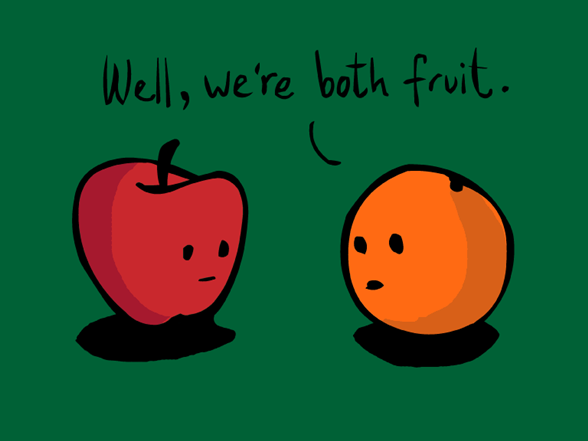
5th Sunday A (5 February 2023)
Today is Racial Justice Sunday
On 5 February, the Catholic Church in England and Wales celebrates Racial Justice Sunday. It’s the day the Church emphasises the need to oppose racism and pursue racial justice with renewed vigour. This year's theme is “All are included in the mission of Christ and His Church”. How can we include everyone if we don't seek justice for everyone?
SEE
Racism is an uncomfortable subject. Many of us know discrimination exists, however knowing and experiencing are different. In a 2020 Guardian article: “The study.... finds that almost two-thirds of the population think there is a “fair amount” or “great deal” of racism in British society today but black respondents are twice as likely as white respondents to say the problem is very widespread. Race report statistics last updated in 2020 says “Our in-depth analysis of existing evidence outlines a worrying picture of race inequality. Our statistics highlight five distinct areas where the need for improvement is essential – employment, education, crime, living standards, health and care."
In 2018 the Windrush Scandal came to light showing that thousands of people, who had been brought up here and were citizens had had their lives disrupted by deportation or the threat of deportation. Home Office showed 'ignorance’ of race. The report was scathing. It was accepted in full by the then Home Secretary Priti Patel. We now learn that Suella Braverman, current Home Secretary has reneged on some of the recommendations. The impact of this on one person is told here.
Reflect
How can we include everyone if we don't seek justice for everyone?
God of our past, present and future,
you created each one of us in your image and likeness,
help us to recognise you in each person.
As we pray for the end to suffering caused by racism
lead us this day to walk with one another,
pray with one another and work together,
so that we create a future based on justice and healing,
where all can fulfil the hope you have for all peoples.
We ask this through Christ our Lord.
Act
The prayer above comes from the Catholic Bishops and we are asked to pray it throughout the year. The article above “Where is Justice” gives an insight into the ongoing trauma of Windrush. The statistics give another kind of information – facts about how people fare depending largely on the lottery of birth. We know that certain of our law and order and immigration legislation impact more heavily on certain ethnic groups – we need to be alert to the opportunities to oppose such legislation whether it be by joining organisations (Amnesty International, Liberty) or writing/lobbying our MPs or raising the issues with friends.
Tricia Kaminski
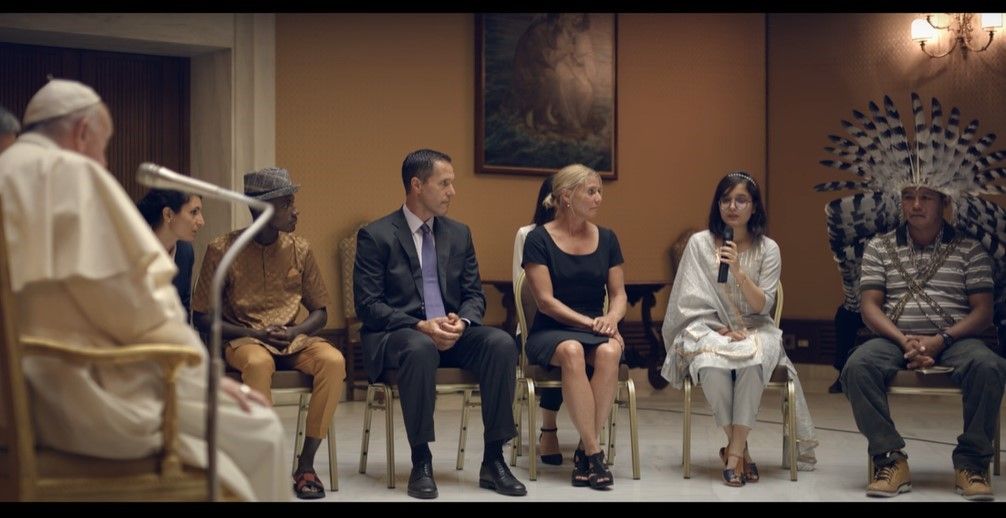
4th Sunday A (29 January 2023)
The most important film ever made!
On 2 Feb on zoom at 7pm in an event open to every Catholic in Scotland, there is a chance to see arguably the most important film ever made. It is grounded in our faith, and in world-wide wisdom and experience. It is often beautiful, sometimes funny, frequently eloquent, challenging and exciting. It invites us to a better way of living in harmony with each other, the world and future generations.
You can join that screening
here or watch it at any time
here.
SEE
The film “The Letter: A Message For Our Earth”, is based on Pope Francis’ 2015 encyclical letter, "Laudato Si’, on Care for Our Common Home.” Pope Francis wrote about Creation as God’s gift, of which we are a part. He saw that the arrogance, apathy, and avarice of our age was disrupting the poorest, the creatures, the climate, soil, and oceans, and in general trashing the planet leaving all future generations at risk in an impoverished world.
Recent science reports have reaffirmed the urgency with which all humanity has to act. Global average temperature rise, disruption of seasons, extremes of drought, heatwave and floods are all worsening; we do not know when or if “tipping points” that are irreversible will happen.
Yet we see multinationals and governments worsening the situation preferring short term profit to a viable future – and see so many already having to abandon their homes due to the climate disruption.
Since 2015 we have seen awareness rise with many like-spirited initiatives such as EcoCongregation, SCCAN and Transition Edinburgh South. There are networks of people worldwide in particular in the Laudato Si movement. Scotland-wide people are helping others to respond as “Laudato Si’ animators”. There are companies that respond creatively – but be alert to others that greenwash their acquisition of wealth and lack of serious engagement.
REFLECT
We humans are the part of the Earth that have power to harm or cherish the whole planet. Pope Francis called us to “ecological conversion”. The change that is needed has dimensions that are personal, are in our communities, and in how we engage globally including in worldwide commerce.
ACT
In the cluster we have often prayed at Mass about the harm being done to the Earth, that we will change our personal lifestyles and be part of a communal and global response. We have been writing of this frequently in this column with ideas for prayer and other action. This week the invitation is simply to watch the film – and to pray:
God who creates, holds and blesses all things:
Help us to be alert to the emergencies that humankind has generated.
Then, as we become alert, help us to respond with creativity and wisdom.
As we respond, may we grow in hope for a blessed and just future.
Lord in your mercy Hear our prayer
Mike Mineter
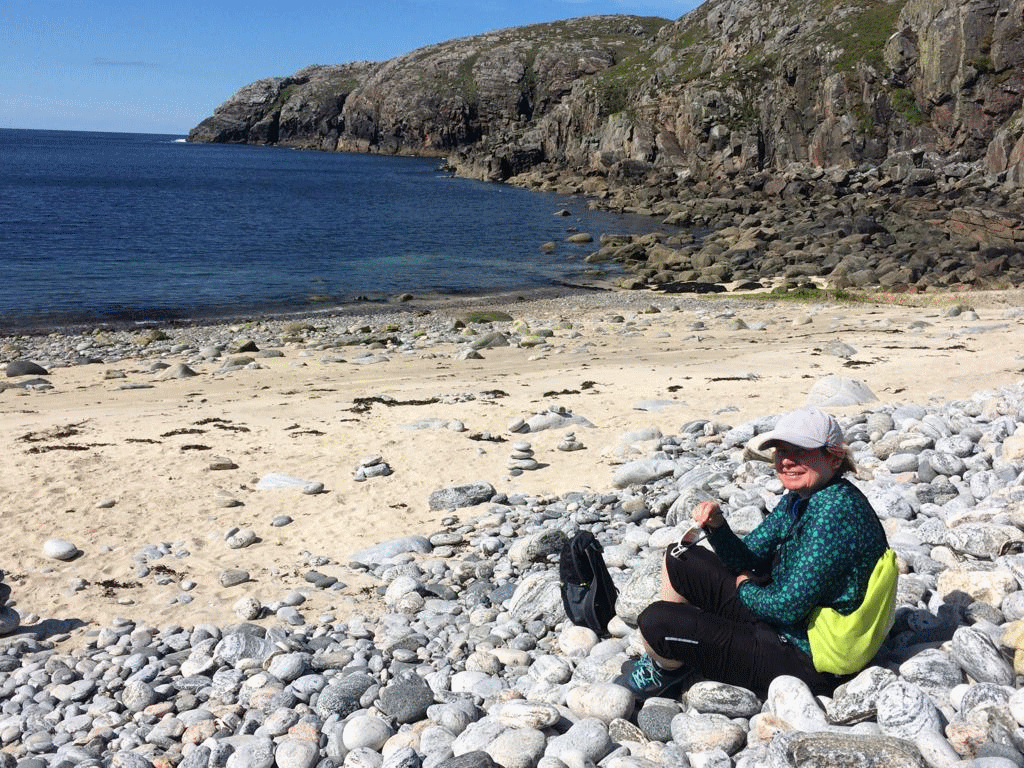
3rd Sunday A (22 January 2023)
Flourishing:
“I came that they may have life, life to the full”
(John:10:10)
Many lives are blighted by poverty, political and financial instability and even those who have their basic needs met struggle with anxiety, resentment, fear.
Humans have survived by being alert to danger. Those who ignored the danger of the prowling lion did not survive. The legacy of this alertness is that the negative events (such as someone shouting at us) have a bigger impact on our thoughts than the positive (think of a postcard from a friend).
SEE
Despite this tendency to focus on danger some people have succeeded in turning their lives around in difficult circumstances, finding ways to start businesses, raise thriving families, lead their country with hope and vision. Many of these people faced challenges of violence, poverty and illness around them. What strategies did they employ to enable them to rise above and avoid being trapped in cycles of crime or depravation?
- One psychologist who wanted to see how they overcame was Martin Seligman. From his research, he found five routes which enabled people to flourish and experience
- Happiness.
- Positive Emotion
- Engagement (also known as flow)
- Positive relationships
- Meaning in life
- Accomplishment.
All these require the foundation of good character.
Research on refugees in the USA looked for patterns as to why some thrived and others struggled in their new homes. Surprisingly success was not related to educational level. It was those who were able to engage in life-giving activity, where their ability matched the challenge of the activity. These were the ones who thrived. This positive engagement is also known as flow. The mind is focussed and calm, the opposite of chaotic and disturbing thought.This experience of flow acts as a buffer to adversity. Many experience flow doing physically-challenging walking or climbing in nature, others in an engaging hobby or teaching others new skills. But life is much more than pursuing a hobby.
REFLECT
We are called to be people for others – to be missionary disciples. We serve best when using our God-given strengths. We can be bogged down on worrying about what we are weak at. This diverts energy from more effective service and accomplishment. We are not called to do everything but to collaborate and cooperate with others. The body of Christ is one body but many parts.
The Christian virtue of hope enables us to engage with life giving thoughts, the love of God infilling us enables us to have life giving relationships and gives us meaning in life.
ACT
In listening to God in prayer and choosing to cooperate with God’s ways for us we can find true accomplishment. Those who do flourish in life find they are perceived as being more trusted, they have more supportive social networks and have more positive social impact on their communities and wider world. So taking time to find our gifts and be open to using them for good will enable us to be part of a more just and peaceful world.
Georgina Rosair
2nd Sunday A (15 January 2023)
“I did not know him myself”
These words are repeated by John the Baptist in today's gospel. It is people that we don't know, every bit as much as those we do, that we must serve. We are directed to seek justice for all;acknowledging that whilst charity is always going to be necessary and good it can not be a substitute for justice. Who are the people we do not know?
SEE:
Within this group are refugees. At this time our UK government's treatment of refugees is an attempt to exclude and deny – to keep them unknown. We see the demonisation of refugees by the government and in the media. (What Suella Braverman’s refugee rhetoric tells us about the state of asylum – and the Tories - New Statesman ) This makes any discussion not about people in need of help and support but about a problem that needs to be repelled. We know the reasons people flee are interlinked and include climate change, conflict and historical actions by rich nations. ( Global South and Global North: What Are They & What's the Conflict? - Utopia ) However at this time we see our nation's response has been predominantly to blame the victims (Why We Call It The Anti-Refugee Bill) )
REFLECT:
“Economic development alone is not enough to create a just society. People and communities have material needs, but human flourishing and well-being have spiritual, social, cultural and political dimensions too. Catholic Social Teaching takes a holistic or integral approach to development. It places people, rather than the economy, at the centre of development. Development is for people. We are made by God out of love and called to develop our God-given gifts, to grow as persons, and to seek our fulfilment. That is why we describe our thinking about development as integral and human. “Integral Human Development"
ACT:
We can seek to make ourselves more aware of the humanity of refugees by reading the stories of their lives. Then we cannot accept the false assertions of the media: that they are here for the benefits, or that they are criminals ... As well as seeking justice for those we may never know, we can act in the local community. By supporting the SSVP, the Community Lunches or the Bethany night shelter outreach work we are serving people we do not initially know.. We get to know them in the process and allow ourselves be known.
Tricia Kaminski